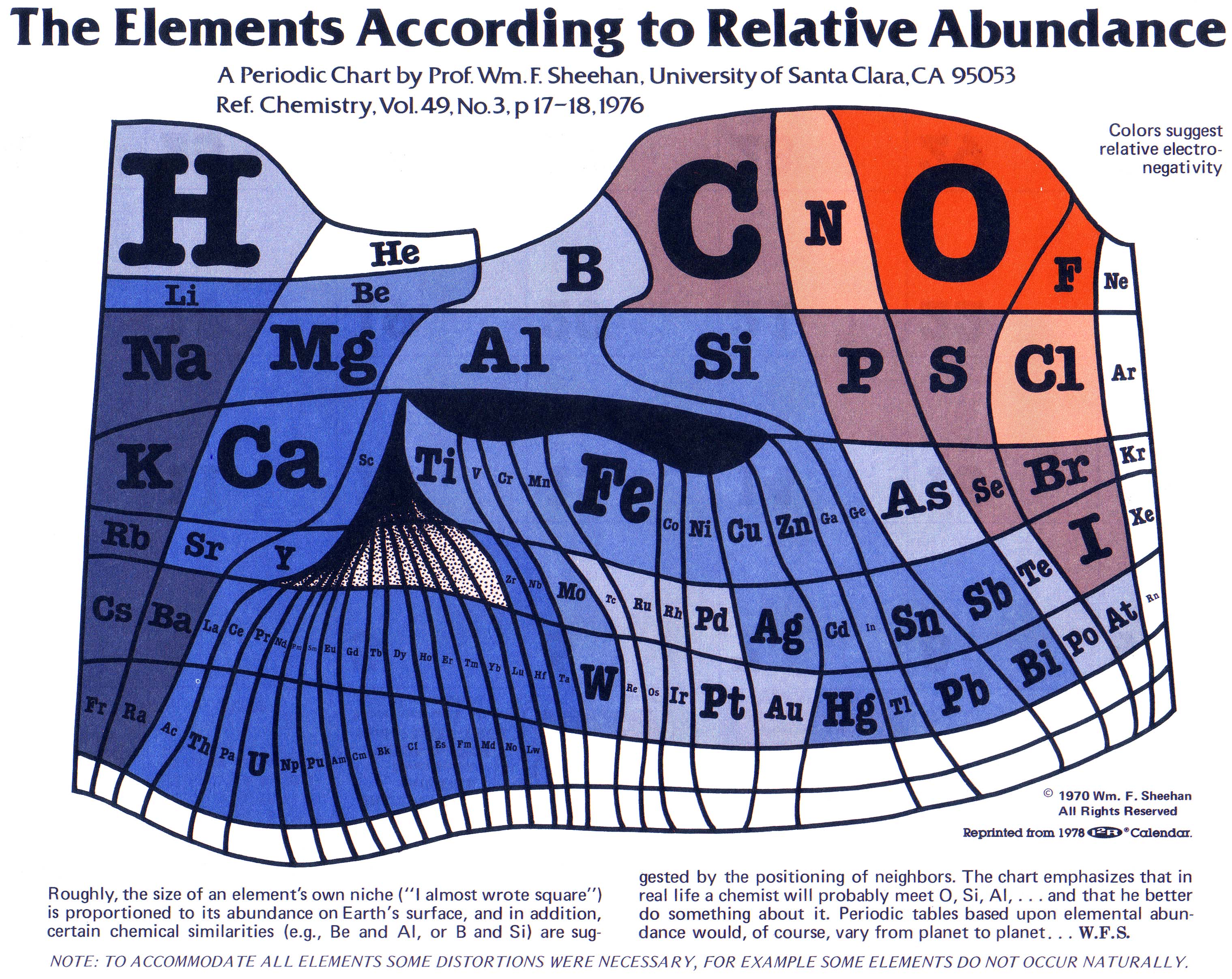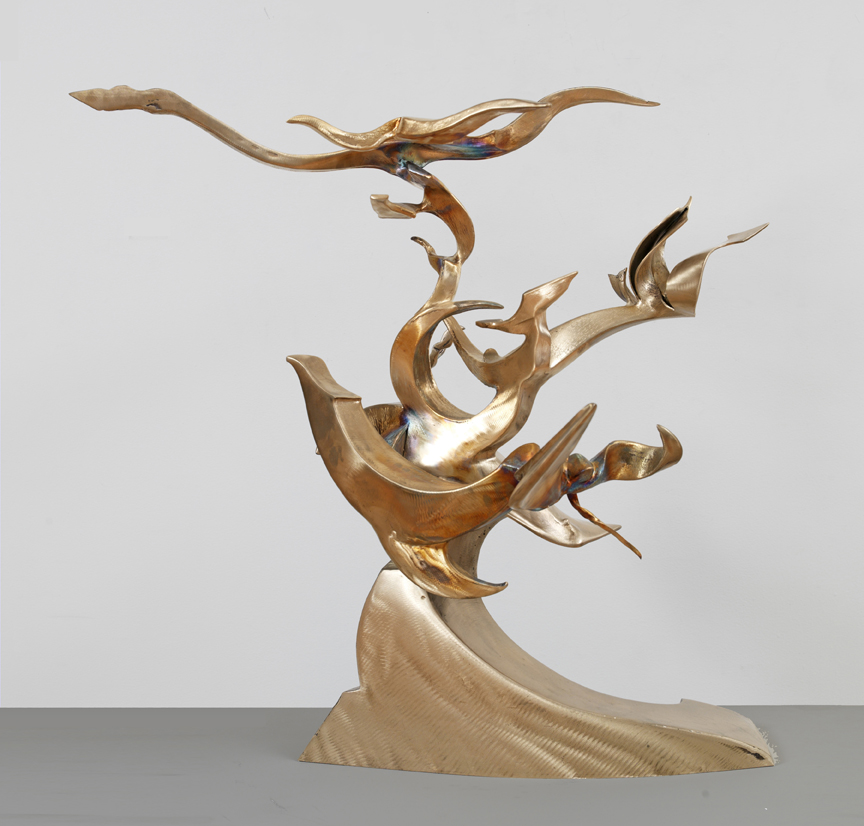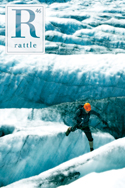Most
artists are flawed; but they probably ought to make the effort not to be. But
how do you teach people to enlarge themselves in order to enlarge their
writing? You enlarge yourself because that is the kind of person you are. You
grow because you are not content not to. You are like a beaver that
chews constantly because if it doesn't, its teeth grow long and lock.
~Wallace Stegner
************************************
Flesh C. McAllister Williams
I apologize to anyone. Ask me to buckle & I
will
eat the moon. My teeth override my capacities.
All of them.
I'm sorry I'm not otherwise engaged—I don't
believe in harmony. & I'm sorry I'm not
sorry I'm not a more guttural member.
When we all sing, we wake a newborn.
There are complications—there are insides
that are softer than expected. I'm sorry
expectation
polishes itself inside its temple. Ask me to repent
the future zealots & I'll repel any invader. When I'm
born, the whole world is born with me.
************************************
A solitude of the ear buoys the breath's answer Joshua
Corey
A solitude of the ear buoys the breath's answer
to smoke from autumnal fires. Gathered up,
gathered out, paper hearts and iron stoves.
Put on your hat and gloves, it's poignant out.
Carry your own chill separate from the air's.
Cradle fuel, stand stamping on the corner
ten years too late waiting for a blank beloved.
She comes in a furl of branches to cover
your eyes with mittened hands. Guess who?
But that's not how it happened, you never turned
to feast your eyes on vacancy. Instead
I'm still stamping snail-mail letters to the editor
and picking pomegranate seeds from my teeth.
Dwelling yet in dear ears deaf to my storms, my
doing.
************************************
You
Are Not Christ Rickey Laurentiis
For the drowning, yes, there is always panic.
Or peace. Your body behaving finally by instinct
alone. Crossing out wonder. Crossing out
a need to know. You only feel you need to live.
That you deserve it. Even here. Even as your chest
fills with a strange new air, you will not ask
what this means. Like prey caught in the wolf’s teeth,
but you are not the lamb. You are what’s in the lamb
that keeps it kicking. Let it.
************************************
This is a mammal
paleontologist’s nightmare, the dreaded “harmonica,” or a jaw without teeth.
Without teeth, it’s often impossible to determine precisely what the creature
is.
~Interpretative Display,
Minnesota Science Museum, St. Paul
************************************
...you
cannot compare this present experience with a past experience. You can only
compare it with a memory of the past, which is a part of the present
experience. When you see clearly that memory is a form of present
experience, it will be obvious that trying to separate yourself from this
experience is as impossible as trying to make your teeth bite themselves.
~Alan Watts
************************************
Peach
Catie Rosemurgy
The head, the mouth, the fruit, the
eating.
The pit, the teeth, the branch, the
fall.
The wet, the swollen, the light,
the seeing.
The picking, the washing, the
cutting, the quartering.
The sweet, the having.
The juice. The holding it in your
hands
beautiful and then ruined. The
forms of devouring. The remaining empty.
What’s inside.
The excitement of the definite article.
What’s inside
one thing is analogous to what’s
inside another.
The ceremonial names
of what is done to them. What is
unknown requires a new way of cutting.
What we’re left with.
How we make an object ours, make it
disappear.
How we become the object and are
food.
How we are delicious and dead at
the center in so many ways.
How that is wrong and it is
stillness, moon-like at the core.
How what we are is what reflects
off it. How we are light produced earlier
by other things.
************************************






